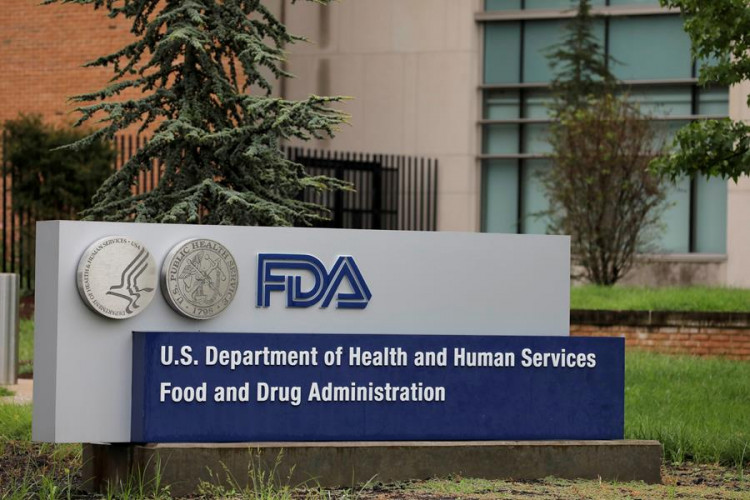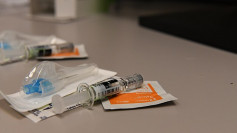Guardant Health's blood test, Shield, has received approval from the U.S. Food and Drug Administration (FDA) for colorectal cancer screening. This approval marks a major advancement in cancer detection, offering a more convenient alternative to traditional methods. Guardant Health's shares surged by 16% in premarket trading following the announcement.
Previously available as a laboratory-developed test (LDT) since 2022, Shield's FDA approval brings it closer to being the first blood test for colorectal cancer (CRC) screening eligible for Medicare insurance coverage for older adults. Although the self-pay price for the FDA-approved version of the test has not been disclosed, the current LDT version is priced at $895.
Guardant Health's Shield test is designed to detect colorectal cancer by analyzing tumor DNA in blood samples. According to the FDA, a study revealed that Shield detected 83% of colorectal cancers. This sensitivity rate, while lower than Exact Sciences' stool test Cologuard, which has a 92.3% sensitivity, positions Shield as a highly effective and less invasive alternative for cancer screening.
"Blood-based tests like Shield offer a promising step toward making more convenient tools available to detect colorectal cancer early while it is more easily treated," stated Dr. William M. Grady, a gastroenterologist at Fred Hutchinson Cancer Center, in a statement released by Guardant Health.
Colorectal cancer is the second leading cause of cancer fatalities in the United States, with over 50,000 deaths annually. Approximately 150,000 new cases are diagnosed each year. Current screening methods include colonoscopies, which are considered the gold standard, and stool-based tests like Cologuard. However, these methods can be invasive or uncomfortable, leading to lower screening rates.
The approval of Shield is seen as a game-changer, potentially increasing the number of people who get screened. "The FDA's approval of the Shield blood test marks a tremendous leap forward, offering a compelling new solution to close this gap," said Dr. Daniel Chung, a gastroenterologist at Massachusetts General Hospital and Professor of Medicine at Harvard Medical School. "With increased screening rates and early cancer detection, many more lives can be saved."
The Shield test, which will launch commercially within a week, joins other colorectal cancer screening methods that healthcare providers can offer their patients. This includes traditional colonoscopies, virtual colonoscopies, and at-home stool tests. The blood test provides a less invasive option that could appeal to individuals who might otherwise forgo screening.
Despite the optimism, it is important to note that the Shield test does not identify precancerous lesions or polyps, which can be detected and removed during visual exams like colonoscopies. This limitation means that while Shield can detect cancer, it cannot prevent it by removing potential precursors.
"The argument is that a point-of-care blood test can actually significantly reduce the incidence rate of very advanced disease and save lives, even if it has lesser potential to prevent the disease," explained Robert Smith, senior vice president of early cancer detection science at the American Cancer Society.
The FDA's approval of Shield comes after its Molecular and Clinical Genetics Panel of the Medical Devices Advisory Committee voted in favor of the test's safety and effectiveness in May. The study underpinning this approval included nearly 8,000 participants and demonstrated that Shield had an 83% sensitivity and 90% specificity in detecting colorectal cancer.
As colorectal cancer screening becomes more accessible, the hope is that more people will opt for early detection methods, ultimately reducing the mortality rate associated with this disease. "The persistent gap in colorectal cancer screening rates shows that the existing screening options do not appeal to millions of people," Dr. Chung noted. "This decision will help make screening tests more broadly accessible."






